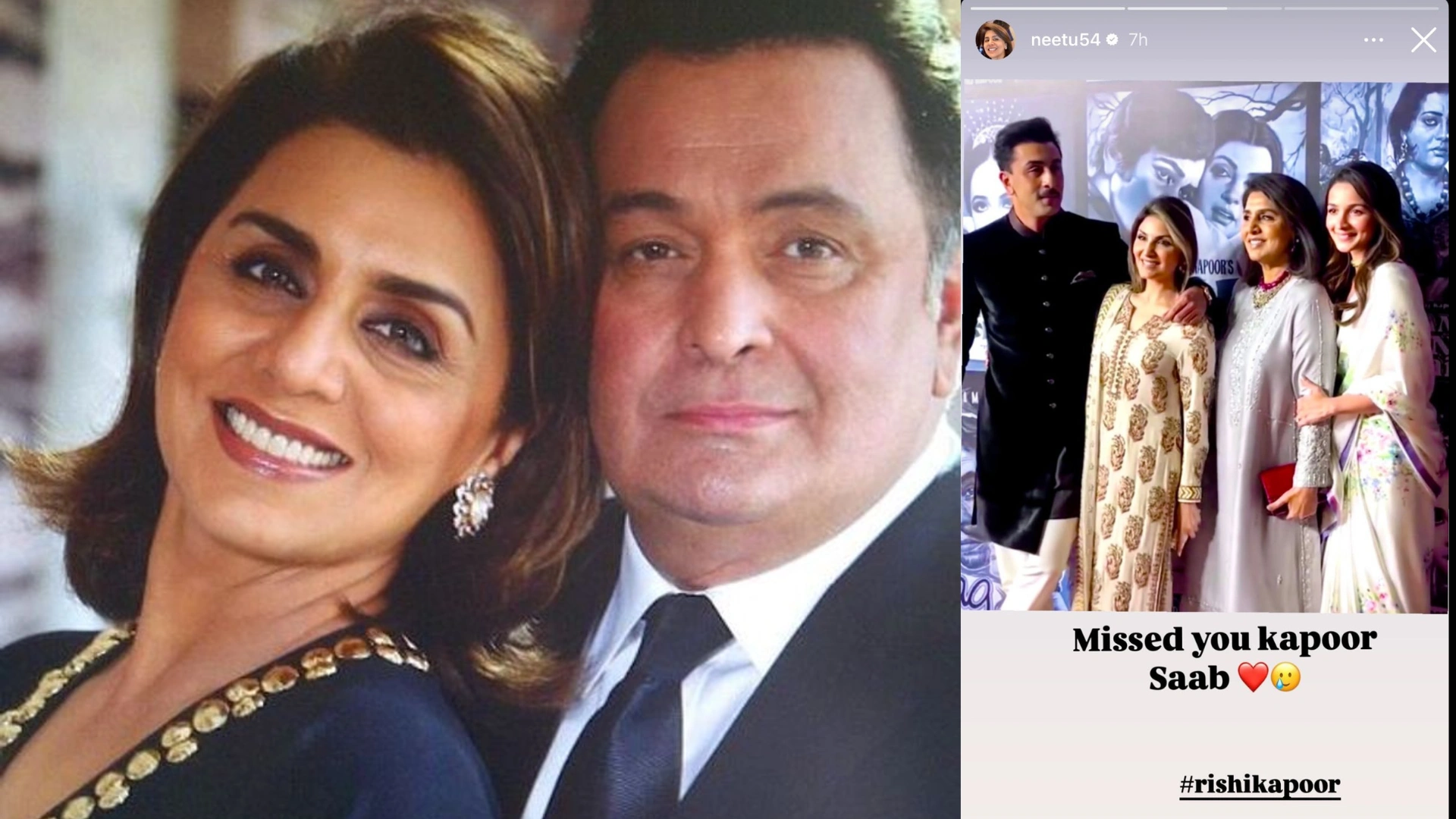A Delhi court has sent Aam Aadmi Party’s Uttam Nagar MLA Naresh Balyan to judicial custody in connection with alleged organized crimes under the Maharashtra Control of Organised Crime Act (MCOCA). The court also dismissed a plea by Delhi Police seeking an additional 10 days of custody to further their investigation.
The ruling was issued by Special Judge Kaveri Baweja of the Rouse Avenue Court after Balyan’s seven-day police custody expired. Police had argued that extended custody was essential to trace the financial trail of alleged criminal activities and to locate nine individuals linked to Balyan. They also claimed that the MLA was uncooperative during the investigation.
However, Balyan’s defense team opposed the plea, arguing that the charges against him were primarily based on his alleged association with gangster Kapil Sangwan, in whose cases several chargesheets had already been filed.
Arrest and Allegations
Naresh Balyan, who represents the Uttam Nagar constituency, was arrested on December 4 over allegations of involvement in organized crime. The Delhi Police claims he is linked to a crime syndicate led by Kapil Sangwan.
This is not the first time Balyan has faced legal trouble. Recently, he secured bail in a separate extortion case registered last year. However, he was arrested again under a fresh FIR filed in August this year, invoking the stringent MCOCA provisions.
Background
The MCOCA, enacted in Maharashtra in 1999 by the Shiv Sena-BJP coalition government, was India’s first state law addressing organized crime. It was introduced to combat the rise of the underworld and organized crime in Mumbai. The National Capital Territory of Delhi adopted MCOCA in 2002, as law and order in the capital falls under the Union Government.
The Delhi Police alleged that Balyan’s links to Kapil Sangwan’s crime syndicate warranted further interrogation to dismantle the network and uncover financial dealings. They sought additional custody to track associates and follow the money trail.
In response, Balyan’s defense argued that the police had already filed multiple chargesheets in Sangwan-related cases and that the remand was unnecessary. They maintained that the fresh allegations lacked substantive grounds and were part of a broader narrative linked to Sangwan’s activities.
Court Decision
The court ruled against extending police custody, stating that further remand was unwarranted at this stage. Following this, Balyan was sent to judicial custody.
The case has added to the ongoing debates surrounding the use of stringent laws like MCOCA, their application, and the challenges of investigating organized crime while safeguarding individual rights.
Read More: Veteran Congress Leader E.V.K.S. Elangovan Passes Away At 73
















